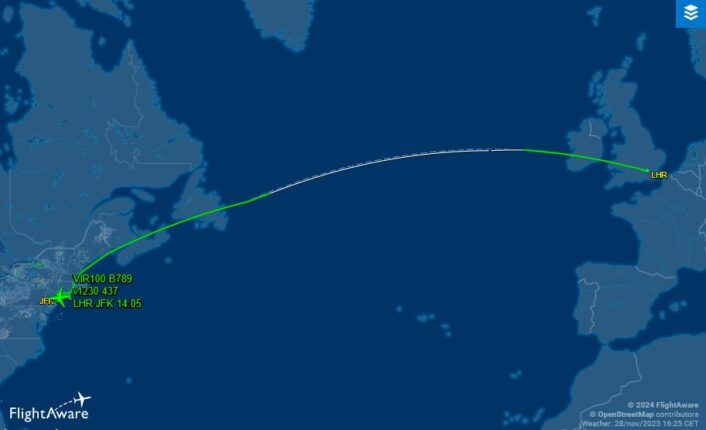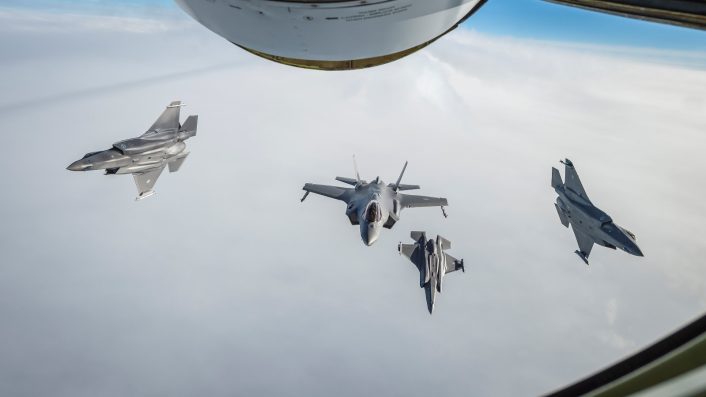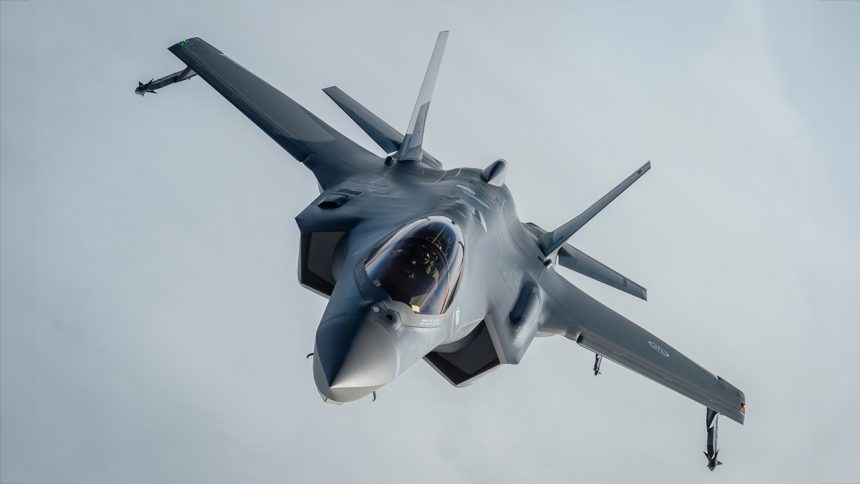Exploring Biofuel Technology: Recent Advancements and its Strategic Applications in Military Aviation.
As reported by the Norwegian Ministry of Defence’s X account on May 14, 2024 Royal Norwegian Air Force F-35s will fly using biofuel by the end of the year.
The Air Force aims to have F-35 fighter jets airborne with biofuel by the end of the year. No Norwegian F-35s have flown with biofuel before. This initiative will demonstrate that biofuel can be used for the F-35 and help reduce the Armed Force’s carbon emissions. pic.twitter.com/29vgIUs8JJ
— Norwegian Armed Forces | Forsvaret (@Forsvaret_no) May 14, 2024
Aviation biofuel is a propellant derived from renewable sources rather than through the slow natural process involved in forming fossil fuels. Biofuel can be produced from vegetation and natural biowaste.
Aviation biofuel aims to drastically reduce lifecycle CO2 emissions compared to conventional jet fuel, thereby mitigating the environmental impact of air travel.
Modern technology allows for the production of fuel from alternative sources, including non-biological resources. This kind of advanced solution, known as Sustainable Aviation Fuel (SAF), can be created either as a biofuel or synthetically derived without involving fossil fuel.
Current Usage Techniques and Future Goals
Today, fossil-free fuels are most commonly used by blending them with conventional jet fuel, typically up to 50%, in a “drop-in” solution, which requires no modifications to major aircraft components. The target for the future is to permit the use of a 100% fossil-free solution by 2050. The 100% sustainable fuel solution has already been successfully tested on different civilian airplanes and was adopted for the first time on a commercially operated aircraft by Virgin Atlantic.
A Boeing 787 Dreamliner with the callsign VIR100, completely powered with SAF (Sustainable Aviation Fuel), completed a transoceanic flight from London to New York on Nov. 28, 2023.
However, the high cost of SAF production remains a significant challenge. Currently, the production of sustainable aviation fuels is more expensive than conventional jet fuels due to several factors. Increasing the usage of fossil-free solutions can drive market demand, encouraging more production and potentially lowering costs over time.

Military Employment
On the military side, numerous air forces, including the Italian Air Force, have conducted a series of successful tests powering their aircraft with biofuels. These trials have included complex operations such as air-to-air refueling involving both fighters and transport aircraft using drop-in solutions.
The positive outcomes of these tests demonstrate the viability of biofuel in demanding military contexts, paving the way for broader adoption and operational use in the future.
This shift toward sustainable fuel sources is not only a significant step towards reducing environmental impact but also enhances energy security by reducing dependency on traditional fossil fuels.
In 2022, the Royal Air Force achieved a significant milestone by conducting the world’s first 100% Sustainable Aviation Fuel (SAF) flight using an in-service military transport aircraft, an Airbus A330 MRTT, completing a 90-minute flight from RAF Brize Norton.
The F-35 Case
The F-35, a fifth-generation multirole fighter jet, is equipped with the Pratt & Whitney F135 series engine, which comes in three different variants depending on the aircraft version. According to Michael Winter, Principal Fellow of Advanced Technology at Pratt & Whitney, all military engines developed by the company, including the F135, have completed tests using biofuel.
Notably, the F135 engine has sustained tests even with 100% SAF. In line with these advancements, both the Royal Norwegian Air Force and the Royal Air Force are planning to integrate sustainable fuel in their operations for the F-35, initially probably employing a “drop-in” solution.









